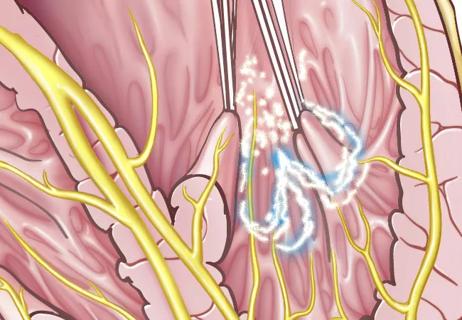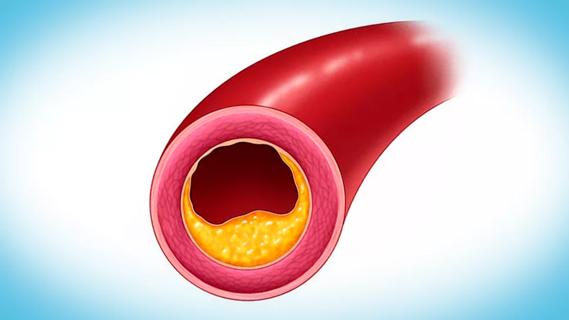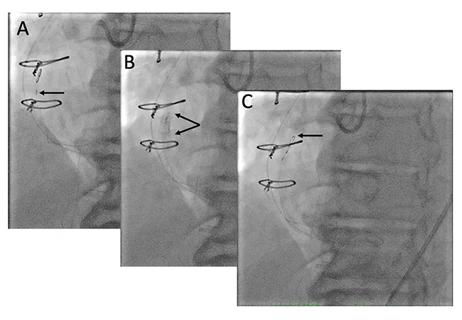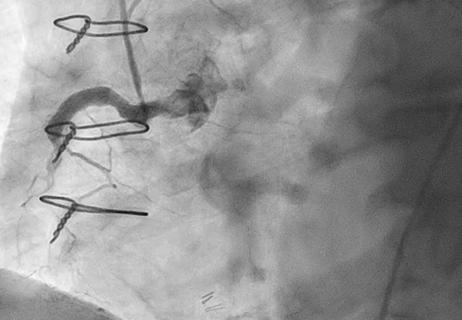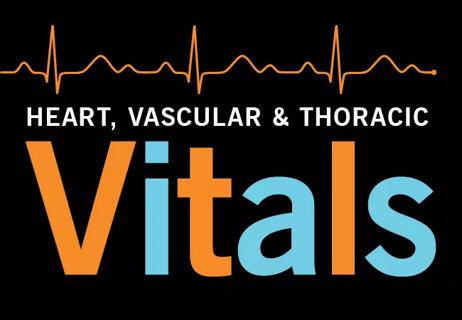Tag debug info: client: {"assets":{},"datasets":{},"live":{},"projects":{},"users":{},"observable":{"assets":{},"datasets":{},"live":{},"projects":{},"users":{}}} Now: 1770653970498 Cache Key: cqdTagPageBySlug:percutaneous-coronary-intervention fetchCache[cqdTagPageBySlug:percutaneous-coronary-intervention].expirationTime: falsey fetchCache[cqdTagPageBySlug:percutaneous-coronary-intervention]. seconds remaining: falsey All fetchCache expiration times: -- Key: cqdNotFoundPage, seconds remaining: 3339 -- Key: cqdTagPageBySlug:orofacial-injuries, seconds remaining: -6713 -- Key: cqdPostsByTag:cqd-migrated-tag-18148,1,10, seconds remaining: -6659 -- Key: cqdTagPageBySlug:urology-residency, seconds remaining: -6547 -- Key: cqdPostsByTag:cqd-migrated-tag-1256,1,10, seconds remaining: -6497 -- Key: cqdTagPageBySlug:steven-lietman, seconds remaining: -6260 -- Key: cqdPostsByTag:cqd-migrated-tag-588,1,10, seconds remaining: -6201 -- Key: cqdTagPageBySlug:primary-amyloidosis, seconds remaining: -5257 -- Key: cqdPostsByTag:cqd-migrated-tag-1441,1,10, seconds remaining: -5210 -- Key: cqdTagPageBySlug:asteroid-clinical-trial, seconds remaining: -3844 -- Key: cqdPostsByTag:cqd-migrated-tag-8390,1,10, seconds remaining: -3788 -- Key: cqdTagPageBySlug:recruitment-events, seconds remaining: -3280 -- Key: cqdPostsByTag:cqd-migrated-tag-2486,1,10, seconds remaining: -3230 -- Key: cqdTagPageBySlug:intracystic-glucose, seconds remaining: -2674 -- Key: cqdPostsByTag:cqd-migrated-tag-24612,1,10, seconds remaining: -2625 -- Key: cqdTagPageBySlug:timothy-gilligan, seconds remaining: -256 -- Key: cqdPostsByTag:cqd-migrated-tag-4077,1,10, seconds remaining: -182 -- Key: cqdTagPageBySlug:virtual-health, seconds remaining: 71 -- Key: cqdPostsByTag:cqd-migrated-tag-21429,1,10, seconds remaining: 157 -- Key: cqdTagPageBySlug:pancreatic-cysts, seconds remaining: 1533 -- Key: cqdPostsByTag:cqd-migrated-tag-18891,1,10, seconds remaining: 1603 -- Key: cqdTagPageBySlug:weight-loss-calculator, seconds remaining: 3339 -- Key: cqdPostsByTag:cqd-migrated-tag-21035,1,10, seconds remaining: 3407 -- Key: cqdTagPageBySlug:hepatology, seconds remaining: 3686 -- Key: cqdPostsByTag:cqd-migrated-tag-2009,1,10, seconds remaining: 3752 -- Key: cqdTagPageBySlug:bilobar-liver-metastasis, seconds remaining: 6662 -- Key: cqdPostsByTag:cqd-migrated-tag-17289,1,10, seconds remaining: 6732 -- Key: cqdTagPageBySlug:erica-orsini, seconds remaining: 7253 -- Key: cqdPostsByTag:cqd-migrated-tag-26924,1,10, seconds remaining: 7327 -- Key: cqdTagPageBySlug:karen-mulloy, seconds remaining: 9364 -- Key: cqdPostsByTag:cqd-migrated-tag-24951,1,10, seconds remaining: 9452 conditions: -- false, -- NA, -- NA, -- NA -- false Cache miss for key cqdTagPageBySlug:percutaneous-coronary-intervention - retrieving from Sanity CCCache.dataFetchCount: 28160 Cache cleanup seconds remaining: 13287
Advertisement
Advertisement
Tag: percutaneous coronary intervention (PCI)
In the wake of NOTION-3 findings, a strong argument for physician judgment remains
SCAI document focuses on technical aspects of care where clear guidance had been lacking
Study identifies a cohort of low-risk patients, finds LVEF predicts late VT/VF in those at higher risk
Support for a TAVR-first approach in patients with concurrent valve and coronary disease
Advertisement
Cleveland Clinic is a non-profit academic medical center. Advertising on our site helps support our mission. We do not endorse non-Cleveland Clinic products or services. Policy
While procedural success rates lag overall, they shine for retrograde crossing
Lower success rates, more hospital MACE seen with poor-quality distal targets
Surrogate decision-making appears to increase risk of serious complications
A sampling of our recent volume and outcomes data
Updated meta-analysis supports personalizing antiplatelet strategies
Cleveland Clinic experience supports widespread adoption at U.S. hospitals
Rendered: Mon Feb 09 2026 16:19:30 GMT+0000 (Coordinated Universal Time)
9500 Euclid Avenue, Cleveland, Ohio 44195 |
800.223.2273 | ©
2026 Cleveland Clinic. All Rights Reserved.


